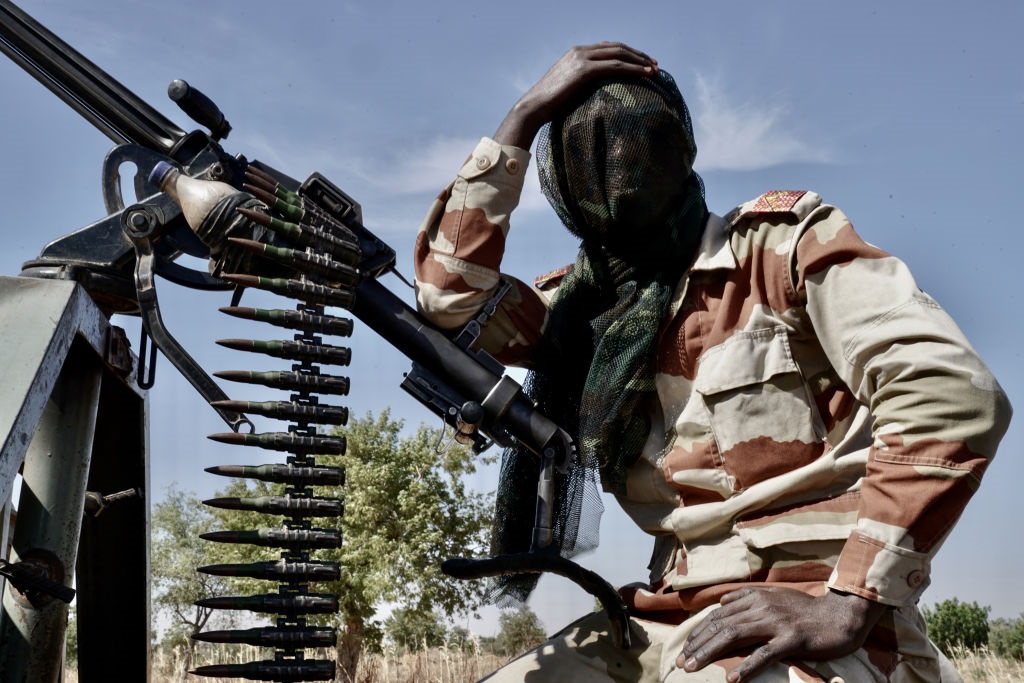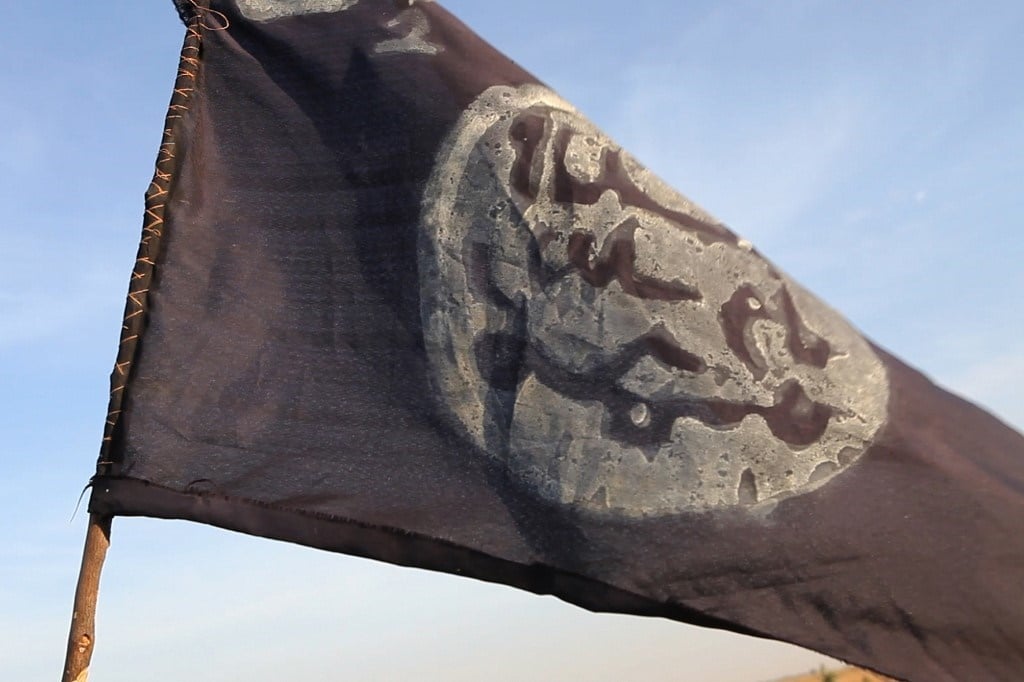- Boko Haram's rivals confirm Abubakar Shekau was killed while trying to avoid capture.
- The Islamic State West Africa Province could take advantage of the leadership vacuum, says an analyst.
- The analyst adds the fact that the Nigerian military failed to kill Shekau, after a decade, is an "embarrassment".
Boko Haram's leader, Abubakar Shekau, may actually be dead this time.
In an audio recording obtained by news wires, the Islamic State West Africa Province (Iswap) announced that Shekau died after detonating explosives on himself to avoid capture.
"Shekau preferred to be humiliated in the afterlife than getting humiliated on earth," said the voice on the audio, believed to belong to Abu Musab al-Barnawi, the leader of Iswap.
The audio is not dated, and comes two weeks after initial reports of Shekau's death.
EXPLAINER | Why we celebrate Africa Day
Shekau has been pronounced dead seven times before, and each time he has reappeared to taunt his enemies - until now.
If reports are true, this marks a shift for terrorism on the continent, as the Islamic State further entrenches itself.
The face of insurgency
Abu Muhammed Abubakar took charge of Boko Haram in 2009 and turned it from an underground sect, seeking a pure ideal of Islam, into a violent jihadist movement aiming to establish a caliphate in northern Nigeria.
Their most infamous offensive was the kidnapping of 276 schoolgirls from the town of Chibok, spawning the global #BringBackOurGirls campaign.
But Shekau also masterfully used videos to shape a narrative of invincibility and fear.
"For close to 10 years, he has become the face of the insurgency in northern Nigeria and also of brutality and violence, killing more than 40 000 people," said independent terror analyst, Jasmine Opperman.
Fighters loyal to Shekau may want to preserve this legacy, and continue to capitalise on the legacy of violence, said Opperman.
But, with no clear successor just yet, Boko Haram's fighters may choose to join rival Iswap.
In 2015, Shekau pledged allegiance to the Islamic State, but soon fell out with the group.
Iswap broke away in 2016, with members disagreeing over Shekau's tactics, such as the use of female suicide bombers.
In the end, it was Iswap, and not the Nigerian military, who became Shekau's largest threat.
"For the Islamic State West Africa, this is a boost," said Opperman. "Shekau was, for them, a hurdle in terms of being seen as taking the lead. Now it's the Islamic State West Africa that can consolidate their position, consolidate their governance style in northern Nigeria and, with that, strengthening their positions."
Insurgents in Mozambique's Cabo Delgado region also reportedly pledged allegiance to Iswap earlier this year.
While the extent of their cooperation is not clear, it shows Iswap's growing influence.
An 'embarrassment' for the Nigerian military
"For the Nigerian government, ironically, it is an embarrassment. Here, we have the Islamic State West Africa, reportedly killing Shekau, which the government could not do for so many years," said Opperman.
The Nigerian military has not officially announced Shekau's death, and said they are still investigating.
In 2019, the Nigerian army pivoted to the super camps strategy, replacing smaller unit formations and soldiers in towns and villages with larger, better equipped camps. But the camps meant army camps were further away from civilians, leaving them more vulnerable to sporadic attacks.
Both Shekau's faction of Boko Haram and Iswap took advantage of this vulnerability, raiding and looting civilians, humanitarian workers and government officials.
Even with Shekau gone, the Nigerian military still faces an elusive enemy.
"Will they seize the moment to counter and to push back the Islamic State West Africa? I doubt it," said Opperman.
"I have not seen any indication that they are willing to do it, which tells me that the Islamic State West Africa is being provided time in gaining and integrating those fighters willing to join them."
The News 24 Africa Desk is supported by the Hanns Seidel Foundation. The stories produced through the Africa Desk and the opinions and statements that may be contained herein do not reflect those of Hanns Seidel Foundation.



